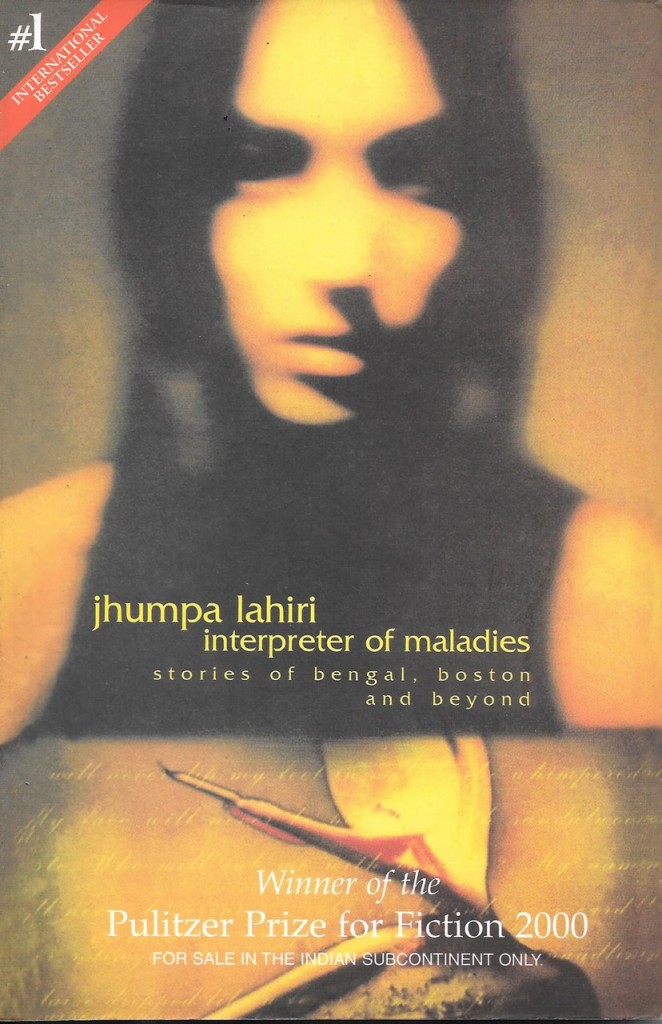

In Interpreter of Maladies, Lahiri explores an array of themes, most significantly the ways in which Bengali-Americans have capitulated readily to the promises of a country which, at times, can betray the very people who seek opportunity. In her book, Lahiri offers the discerning reader considerable pleasure, for her capacity to tell a good story surpasses the particular world of patrician Bengali-Americans of whom she writes.

In 2000, Jhumpa Lahiri won the Pulitzer Prize for Fiction and the Ernest Hemingway Foundation/PEN Award for Interpreter of Maladies, her first book consisting of nine elegantly-written short stories. This response will certainly be conditioned by the norms and values of the reader’s community, but also by individual choices and characteristics – very roughly speaking, by what gives him or her pleasure. Kermode spoke of what constituted an aesthetic pleasure in relation to art and literature:īroadly speaking, argued that the poetic object might be studied with formalist severity as artifact, but that its aesthetic purpose is achieved only by the action of the responsive reader.

In the Berkeley Tanner Lectures in November 2001, Frank Kermode referred to the Czech critic, Jan Mukařovský.


 0 kommentar(er)
0 kommentar(er)
